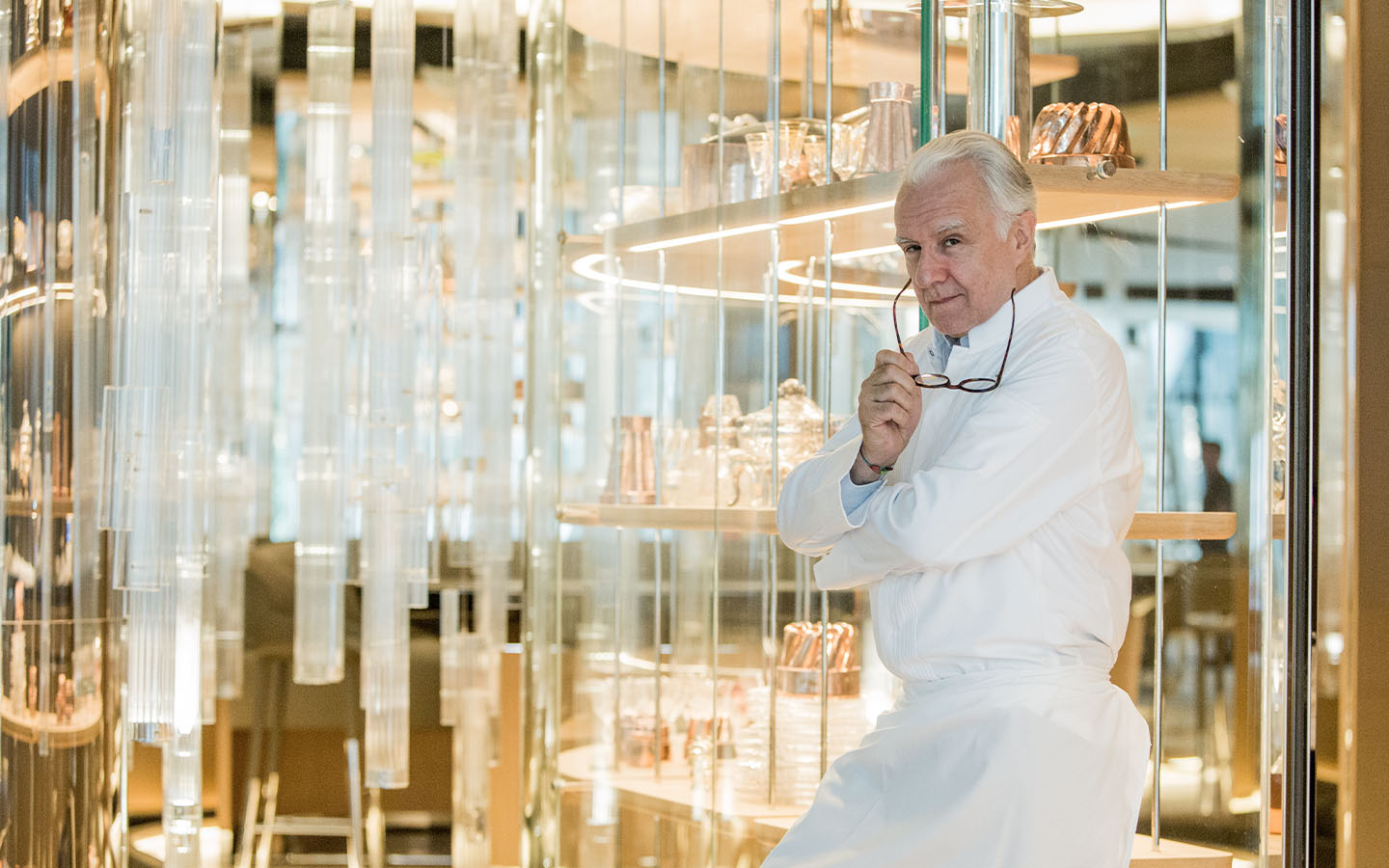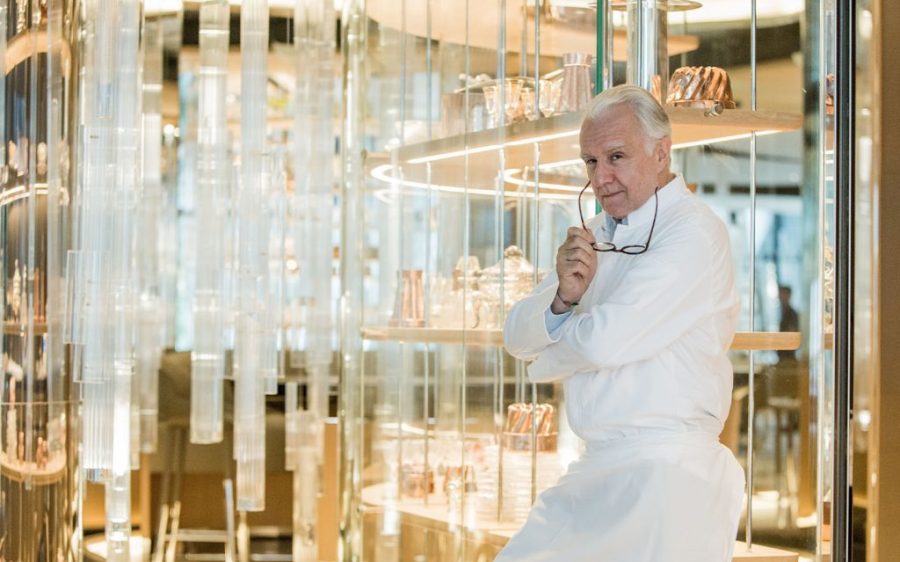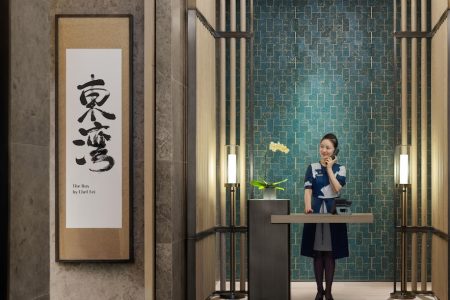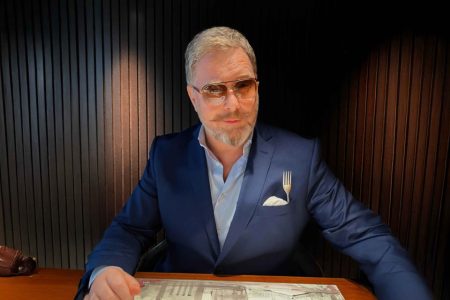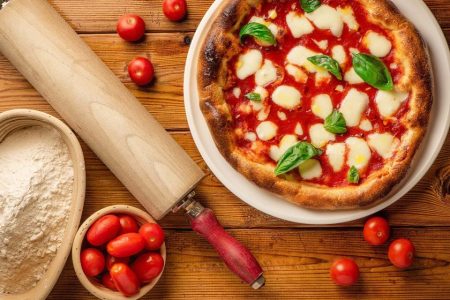One of the world’s most celebrated chefs is still humble enough to introduce himself. “Hi,” he says with a smile and an outstretched hand, “my name is Alain Ducasse.” As if we didn’t know.
Born in the southwest of France, Duccase’s love for food began on his parent’s farm – with its vegetable garden, nearby forest, and the earthy flavours both offered. But his career to date has been in the stratosphere.
Ducasse received his first three-star Michelin rating in 1987 while managing Le Louis XV in Monaco. Today, he has 21 Michelin Stars to his name, bested only by the late Joël Robuchon, who had 31.
[See more: These are the Macao restaurants named in the 2024 Michelin guide]
The chef has also been sharing his knowledge and philosophy through culinary school École Ducasse. In 2013, Ducasse was decorated with the degree of Doctor in Culinary Arts by Johnson & Wales University in the US. That same year, the Frenchman was also awarded the Lifetime Achievement award by the World’s 50 Best Restaurants.
He has 34 restaurants worldwide, including several in Asia (mostly in Japan), but the two-starred Michelin Alain Ducasse at Morpheus in Macao is his only restaurant in China. During a recent visit, he took time to talk to Macao News about post-pandemic dining, healthy eating, and growing tomatoes.
This interview has been edited for length and clarity.
How do you see fine dining changing to suit the needs of a post-pandemic generation, dealing with economic uncertainty, inflation and issues of sustainability?
We are dealing with high gastronomy in the same way as high fashion or high culture. We have to carry on this same image, preserve the same image … However, our proposition now will be less expensive, while also keeping the same quality.
For example, in Paris, we have a new restaurant called Sàpid and this will offer more vegetable protein and less animal protein. So the ratio is 20 percent animal protein and 80 percent vegetable protein. The price for lunch ranges between 20 to 25 euros, and dinner 35 to 45 euros. This is especially catering to the younger generation.
Vegetarianism is one of the biggest trends in food now. How do we make a mostly plant-based diet appealing to diners who are used to consuming large amounts of meat?
For me, for example, it’s just to reduce the quantity that we are consuming. I would rather choose to eat good-quality meat once a week instead of five or six lower-quality meats per week. This is my choice. We have to change our habits.
We are conscious that we have to change things because we have to be cautious about our earthly resources and advocate the consumption of less fat, salt, sugar, and animal protein and more vegetable protein. We have to pay attention to this and how we feed our customers. If we are doing things differently then it will be good for the planet and also for humans living on the planet.
[See more: Vegetarians may sleep better, according to studies]
There are almost one billion obese people in the world and others who are not eating enough. These are the things we have to change. As chefs, we have to think about how the world can change in a better way in terms of cooking and feeding each other. Our industry and group are still developing, so we have to keep in mind that we have to better nourish and feed individuals while preserving our earth’s resources. We have to illustrate every day that what we are saying can be done.
Is there a goal that you’ve set for yourself this year?
To keep learning and listening to others. You have to pay attention to others. This is the first step … This is a common thing we share within our organisation. For me, I share knowledge with my sous chef and him with others, so we make progress together.
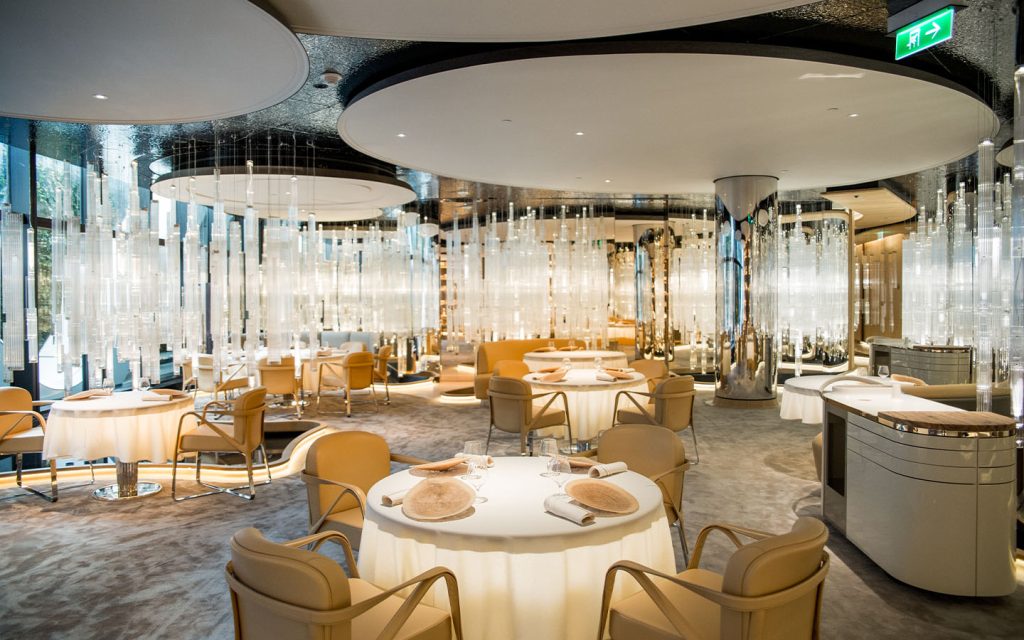
What is one piece of advice you would give future chefs?
Each one of us has talent. We have to find and single out that talent.
In terms of [professional] competition, there has been an evolution in quality across the world. A young chef has to work more, work better and quicker with rigour, discipline and [with] strong demands [made upon them].
[See more: ‘Macao is where it’s at.’ Gordon Ramsay talks to Macao News]
After all this, they may succeed. But this is the minimum. In one year, I can assess a chef. I will know whether they can go onto a career as a chef or if they will need to change careers.
I heard gardening helps you relax. What are some of the things you’ve planted back home or something you particularly like in your backyard?
I also like looking at my gardener and what he’s doing to my garden [laughs]. Working in the garden is very tiring, it’s a real job and maybe even worse than being a cook.
I have interesting vegetables in these two gardens like zucchini and tomatoes and in Provence, we have 150 vegetables and herbs. In my other garden which I use for my consumption, there are 50 different types of vegetables. It’s a privilege to have a garden for myself.
What’s your goal for Alain Ducasse at Morpheus?
To be inclusive, not exclusive. To keep the restaurant open to society so a lot more people can visit and appreciate the French contemporary cuisine. We want an exclusive dining experience that is inexpensive but still upscale in [ambience]. This is my objective for this restaurant.
